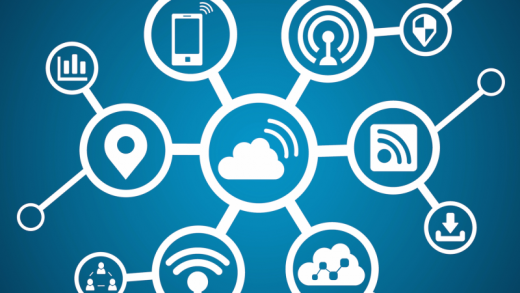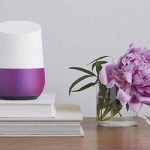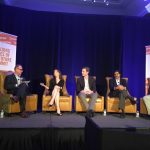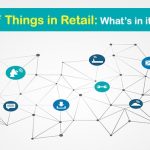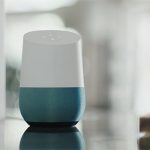Pew Report: The Internet of Things could drive people away from connectivity
With Elon University, the Pew Research Center asked 1,200 experts to envision whether the good outweighs the bad for the IoT.
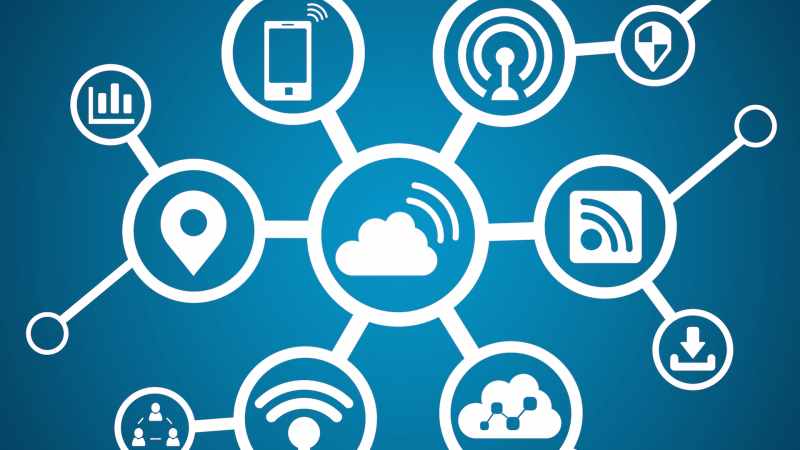
If the world’s rising interconnectivity was presented as a movie, an appropriate title might be: “The Attack of the Internet of Things.”
A new report from Pew Research Center and Elon University’s Imagining the Internet Center — “The Internet of Things Connectivity Binge: What Are the Implications?” — takes a different approach to the same onslaught. It surveyed over 1,200 experts to get their takes on the consequences of a fully enabled Internet of Things (IoT), framed around this question:
As billions more everyday objects are connected in the Internet of Things, they are sending and receiving data that enhances local, national and global systems as well as individuals’ lives. But such connectedness also creates exploitable vulnerabilities. As automobiles, medical devices, smart TVs, manufacturing equipment and other tools and infrastructure are networked, is it likely that attacks, hacks or ransomware concerns in the next decade will cause significant numbers of people to decide to disconnect, or will the trend toward greater connectivity of objects and people continue unabated?
Fifteen percent of the experts predicted that, in the words of report co-author Lee Rainie, “significant numbers [of users] will withdraw to at least some degree from connected life due to possible risks that will arise as the IoT rolls out.”
When you start thinking about it, the list of risks could make anyone want to retreat to a thoroughly unconnected log cabin.
Malware and malicious attacks are bad enough now when your passwords or financial information are stolen, not to mention when the Russian government hacks the US voting systems.
What happens when malware infects connected pacemakers, secretly monitors your home life, tracks your every move in smart clothing or deliberately creates traffic jams?
Some of the experts expect that new authentication systems, like biometrics, will make the IoT intrinsically more secure than we now expect devices to be. Others, like NPR’s director of mobile Demian Perry, say there might be more regulatory control, just as the National Transportation Safety Board has entered into the development of autonomous vehicles.
‘Vast amount of intimate data’
But the risks go beyond malware to the ubiquity of user tracking. Here’s one quoted expert, Judith Donath of Harvard’s Berkman Klein Center for Internet & Society:
“My concern with the safety of things that are part of deeply connected world is not about its security and the dangers of being hacked (though those are real, and quite serious) but with the dangers that come with their intended uses: collecting a vast amount of intimate data about each person, while weaving themselves into everyday life as a source of great convenience and pampering.”
Nevertheless, the cited experts mostly believe that users will deal with the risks because of the benefits.
“Most adults in the US drive cars even though it entails risks,” Information Technology and Innovation Foundation President Robert Atkinson told Pew.
And Institute for the Future distinguished fellow Jamais Cascio predicted that, in effect, the IoT will become like the sea is for fish:
“More people will be more deeply connected, but will likely be less aware of it,” he said. “Think of it as the ‘electricity effect,’ where people just assume devices or buildings are electricity-enabled.” Soon, “smart” or Internet-enabled will be the default assumption for everything.
Interestingly, the report doesn’t really talk specifically about all those wonderful advantages and benefits that the IoT will bring. It presents arguments like this:
[Experts] say businesses expect to reap large dividends from the advancement of the IoT and that people are naturally driven to connect to other people, information and services. Further, they argue that society reaps benefits from connected infrastructure and objects – from transportation, communications and business and industrial systems to individual products and services. Additionally, as modern life becomes more complicated, these respondents argue that people count on convenience to conquer chaos and they enjoy experimenting with magical new tools. Their desire for new gadgetry often outweighs any perceived risks.
Hours in a day
The use cases for businesses are pretty apparent — tracking products through every phase of their supply chain, understanding everything there is to know about your customers or competitors or spotting market trends before your competitors do.
But the benefits to consumers are not as clear-cut.
Of course we prefer convenience to complexity. But I’m not convinced that, for consumers, the IoT will make things significantly more convenient.
In fact, my exposure thus far to the first wave of IoT suggests that it is making my life more complex.
For instance, we have two cars whose dashboards exhibit various levels of smartness and connectivity. But they don’t always work well, their benefits are more “gee-whiz” than time savers, and the user interaction flow is often less than simple. Sure, hands-free calling and in-dashboard navigational maps are useful, but I’m not seeing much utility beyond those extensions of my smartphone.
And I can just imagine the burden those smart dashboards will pose when I and my other family members have to deal with their security or other oversight issues. We can already barely keep up with the passwords, best practices, backups, software patches and new hardware required now for our computers, smartphones and tablets.
What kind of maintenance nightmare awaits when all of our possessions require similar attention?
Businesses and marketers have legitimate needs for what the IoT provides, but I’m not sure I have enough hours in my day as a consumer to manage my refrigerator’s security settings.
It may turn out that, for some Things, dumbness has its virtues.
Marketing Land – Internet Marketing News, Strategies & Tips
(27)

